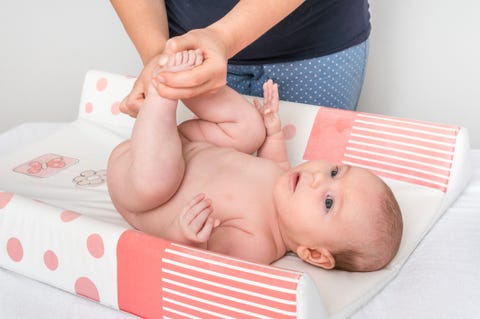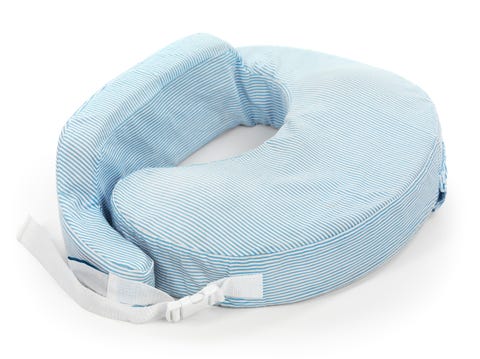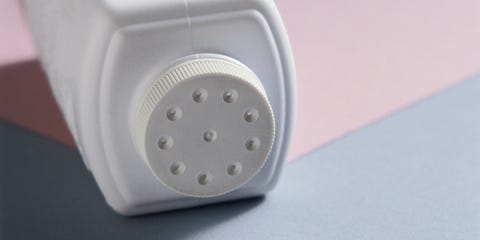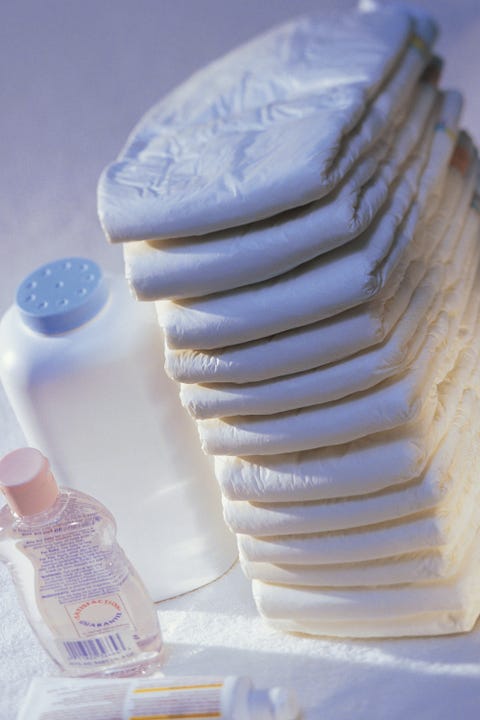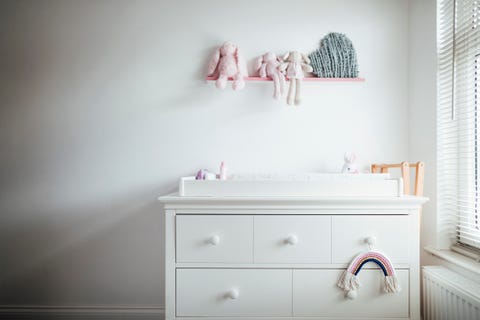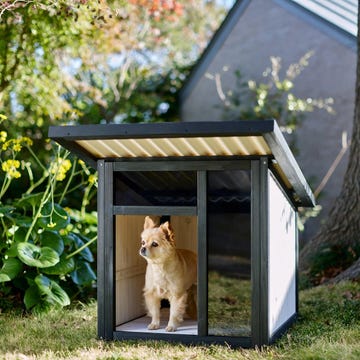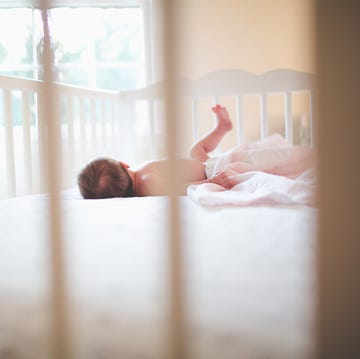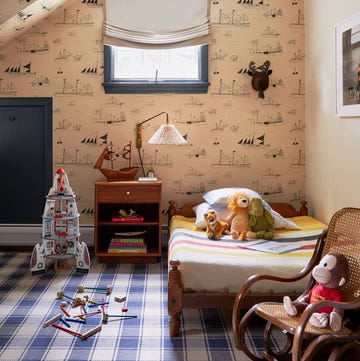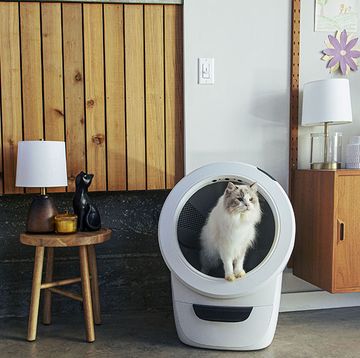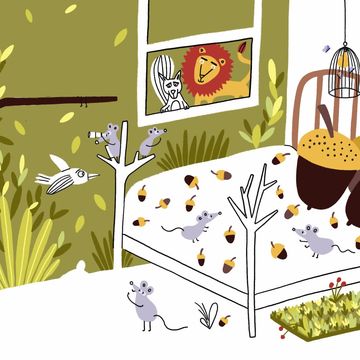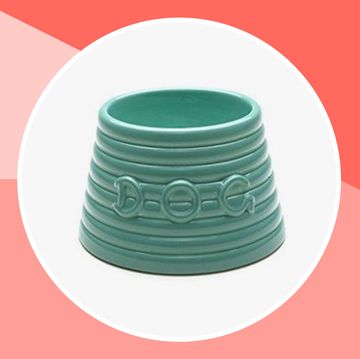These Commonly Used Baby Products Could Contain Toxic Chemicals
ALWAYS check the ingredient list.
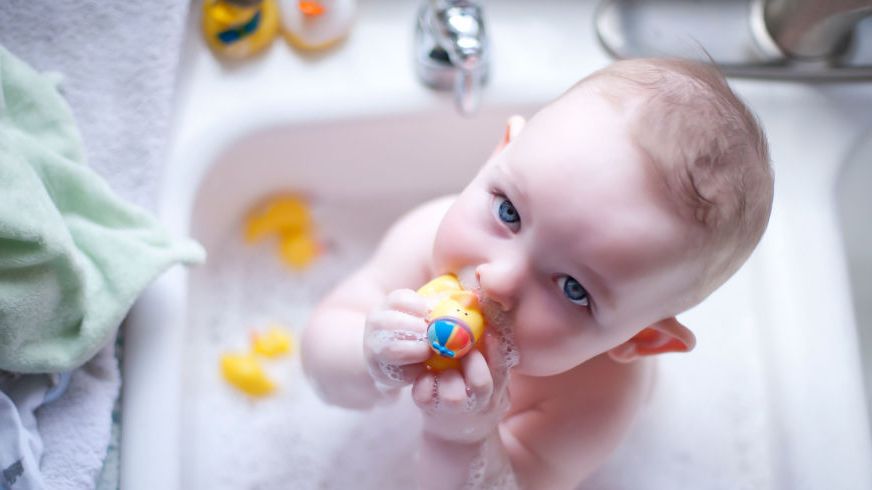
Here's something you may not have known: thousands of chemicals used in consumer products have never been tested for safety. For parents and grandparents, that realization can be daunting. After all, ensuring the safety of your little one is always top priority. But fear not! While some of the products listed below may contain chemicals that could be harmful to your baby, progress around safe alternatives is being made constantly. Below, learn some of the most commonly used infant care items that might contain toxic chemicals—and what you can do to avoid them.
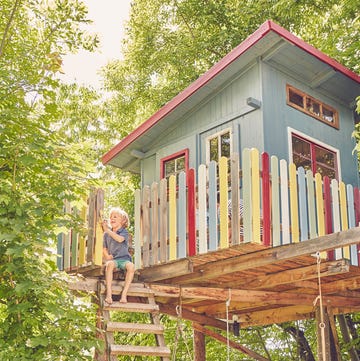
26 Treehouse Ideas Your Kids Will Love

55 Messages to Write in Your Father's Day Card
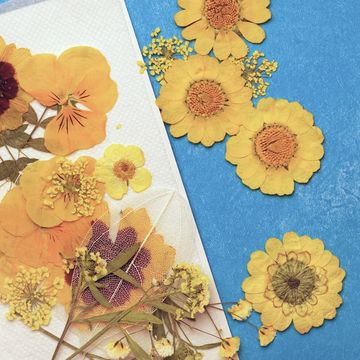
Make Memories With These Mother's Day Craft Ideas
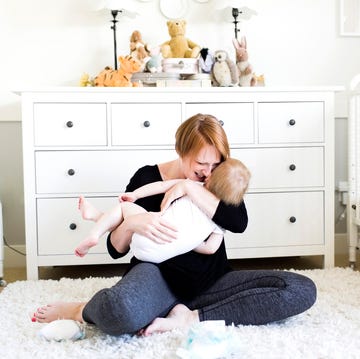
Video of Baby Stuck Behind a Dresser Goes Viral
